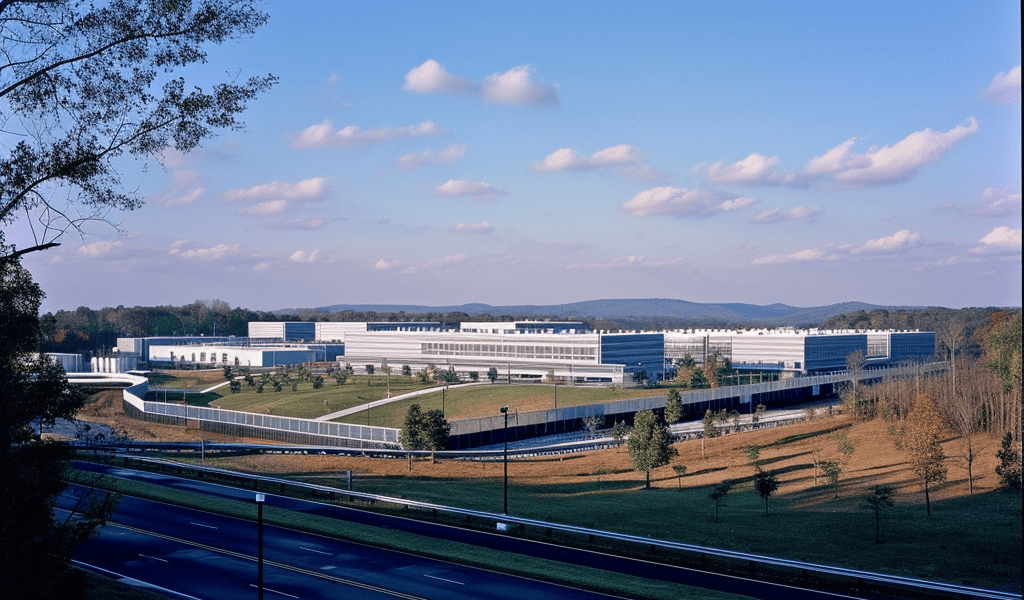As data centers continue to proliferate across Virginia, the General Assembly this winter is poised to take up a host of bills intended to address their impacts, including increased electricity costs and environmental pressures.
Virginia is home to the greatest concentration of data centers in the world. While the centers can be found around the state, most are in Northern Virginia, which has more than 300. Eastern Loudoun County, where the facilities cover roughly 573 acres, is known as Data Center Alley, and Prince William is increasingly becoming a hot spot after local officials recently approved a campus of 27 centers that would sit on 270 acres.
“They came to Northern Virginia because of the workforce, because of the existing infrastructure and proximity to the federal government,” said state Sen. Danica Roem, D-Manassas.
The industry, which receives millions of dollars in tax breaks, says data centers are a modern necessity that also provide an economic boost to the state.
“The data center industry has invested more than $37 billion in the commonwealth over the past two years and Virginia continues to distinguish itself as one of the most dynamic and important locations in the world for the digital infrastructure that enables our innovation economy and meets the growing, collective computing demands of individuals and organizations of all sizes,” said Josh Levi, president of the Data Center Coalition.
But environmental and some local groups say the rapid proliferation of the facilities requires officials to institute ratepayer and environmental protections. “Virginia has an opportunity to lead here,” said Paige Wesselink, digital outreach coordinator with the Virginia chapter of the Sierra Club.
This December, Virginia’s Joint Legislative Audit and Review Commission, which conducts research on behalf of the General Assembly, passed a resolution to study the overall impacts of the industry in Virginia.
In the meantime, both Democrats and Republicans have introduced about a dozen bills addressing data center growth, ranging from evaluating the costs of electric grid upgrades; requiring buffers around facilities and site assessments of land, air and water impacts; and linking clean energy sourcing requirements to tax credit eligibility.
Any bills that pass the General Assembly will also have to gain the support of Gov. Glenn Youngkin.





